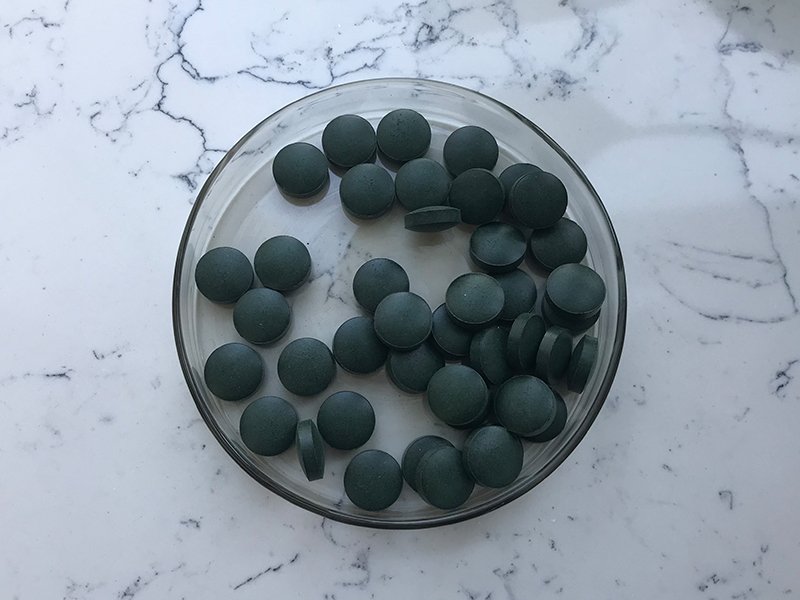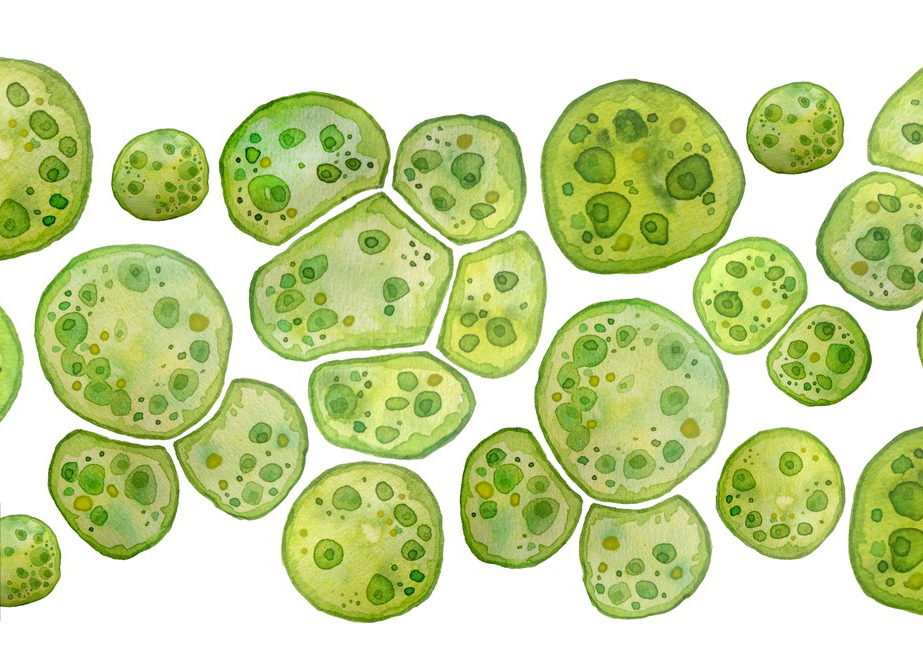Spirulina tablets are dietary supplements made from spirulina, a type of cyanobacteria, or blue-green algae. Spirulina tablets are a convenient form of this supplement. Here’s a breakdown of its effectiveness, potential side effects, and special precautions:
Effectiveness of Spirulina Tablets:
Nutritional Content: Spirulina is rich in nutrients, including protein, vitamins (particularly B vitamins), minerals (such as iron and manganese), and antioxidants like beta-carotene and phycocyanin.
Antioxidant Properties: Its antioxidant properties may help protect cells from damage caused by free radicals, which can contribute to aging and various diseases.
Immune Support: Some studies suggest that spirulina may help enhance immune function, possibly due to its high antioxidant content and anti-inflammatory effects.

Cholesterol Management: There’s some evidence to suggest that spirulina supplementation may help lower LDL (“bad”) cholesterol levels while increasing HDL (“good”) cholesterol levels, which could benefit cardiovascular health.
Blood Sugar Control: Preliminary research indicates that spirulina may have a modest effect on reducing blood sugar levels, which could be beneficial for individuals with diabetes or those at risk of developing it.
Side Effects of Spirulina Tablets:
Allergic Reactions: Some individuals may be allergic to spirulina, experiencing symptoms such as itching, rash, hives, swelling, or difficulty breathing. People with allergies to seafood or iodine are more likely to have an allergic reaction to spirulina.
GI Distress: Digestive issues like nausea, diarrhea, or stomach cramps may occur, particularly when starting spirulina supplementation or consuming high doses.
Heavy Metal Contamination: Spirulina supplements sourced from contaminated water may contain harmful levels of heavy metals, such as mercury, lead, or arsenic. It’s crucial to choose reputable brands that test for purity and quality.
Special Precautions of Spirulina Tablets:
Pregnancy and Breastfeeding: There’s limited research on the safety of spirulina supplementation during pregnancy and breastfeeding. It’s best to consult with a healthcare professional before using it in these situations.

Iodine Sensitivity: Spirulina naturally contains iodine, so individuals with iodine sensitivity or thyroid disorders should use caution or avoid it altogether.
Medication Interactions: Spirulina may interact with certain medications, such as blood thinners or immunosuppressants. If you’re taking medication, consult with a healthcare provider before starting spirulina supplementation to avoid potential interactions.
Quality and Sourcing: Choose spirulina supplements from reputable brands that undergo third-party testing for purity, potency, and absence of contaminants.
Dosage: Follow the recommended dosage instructions provided by the manufacturer or healthcare provider. Excessive intake of spirulina may lead to adverse effects.
As with any dietary supplement, it’s essential to approach spirulina tablets with caution, especially if you have existing medical conditions or are taking medication. Consulting with a healthcare professional before starting supplementation is advisable to ensure safety and efficacy.
